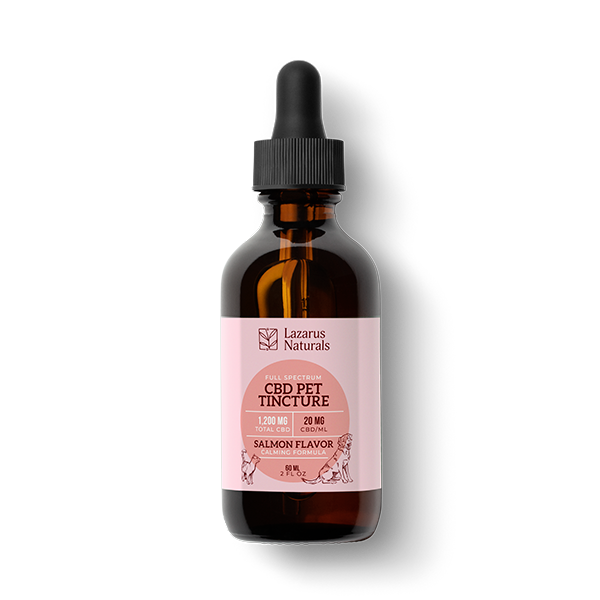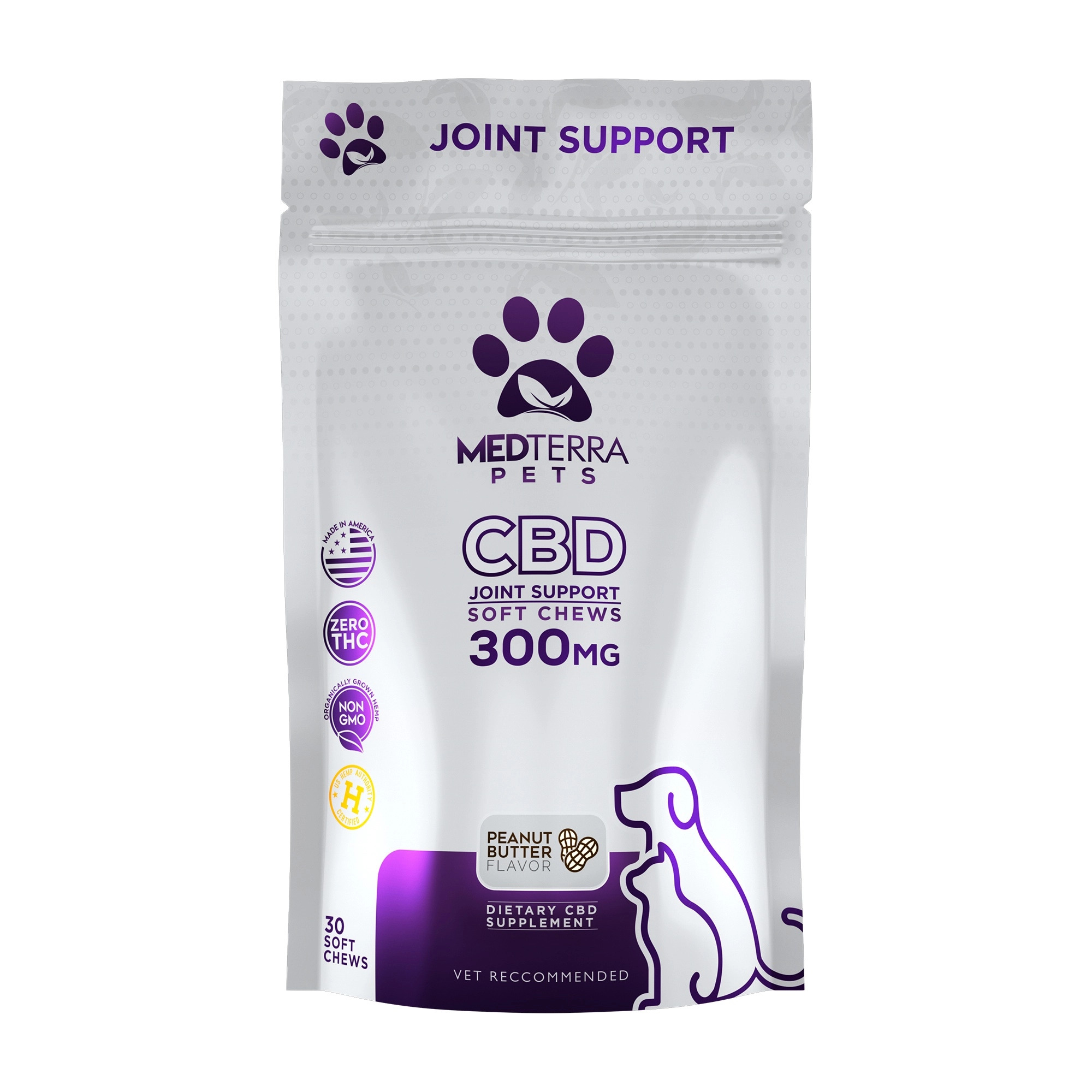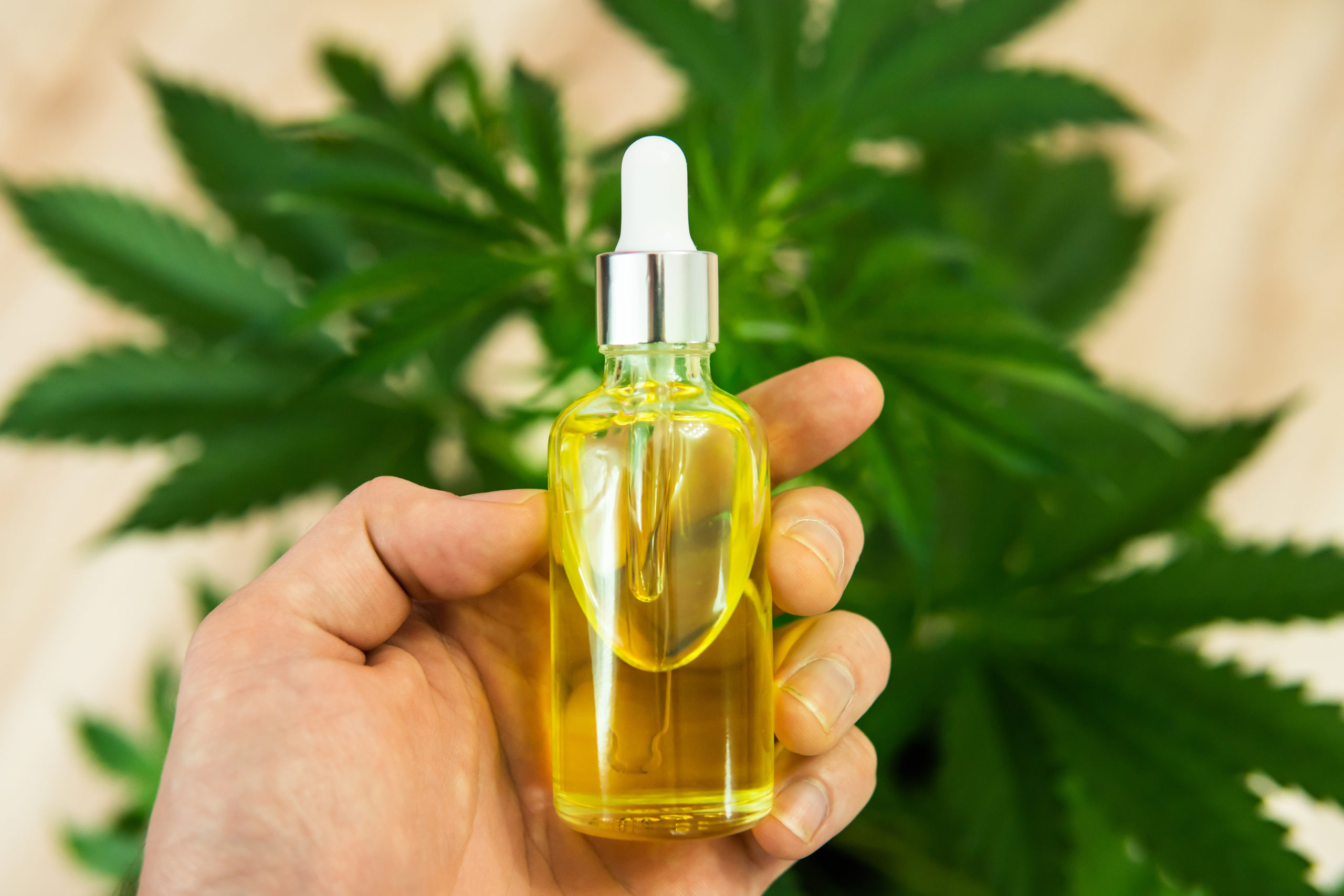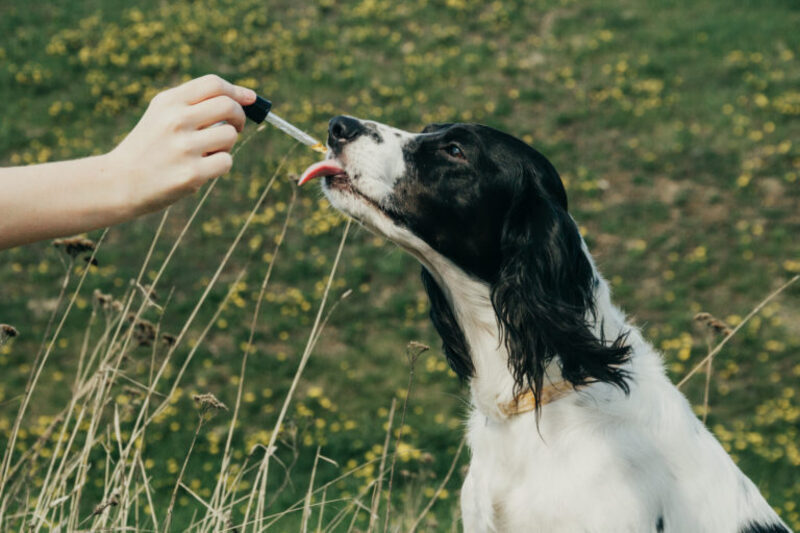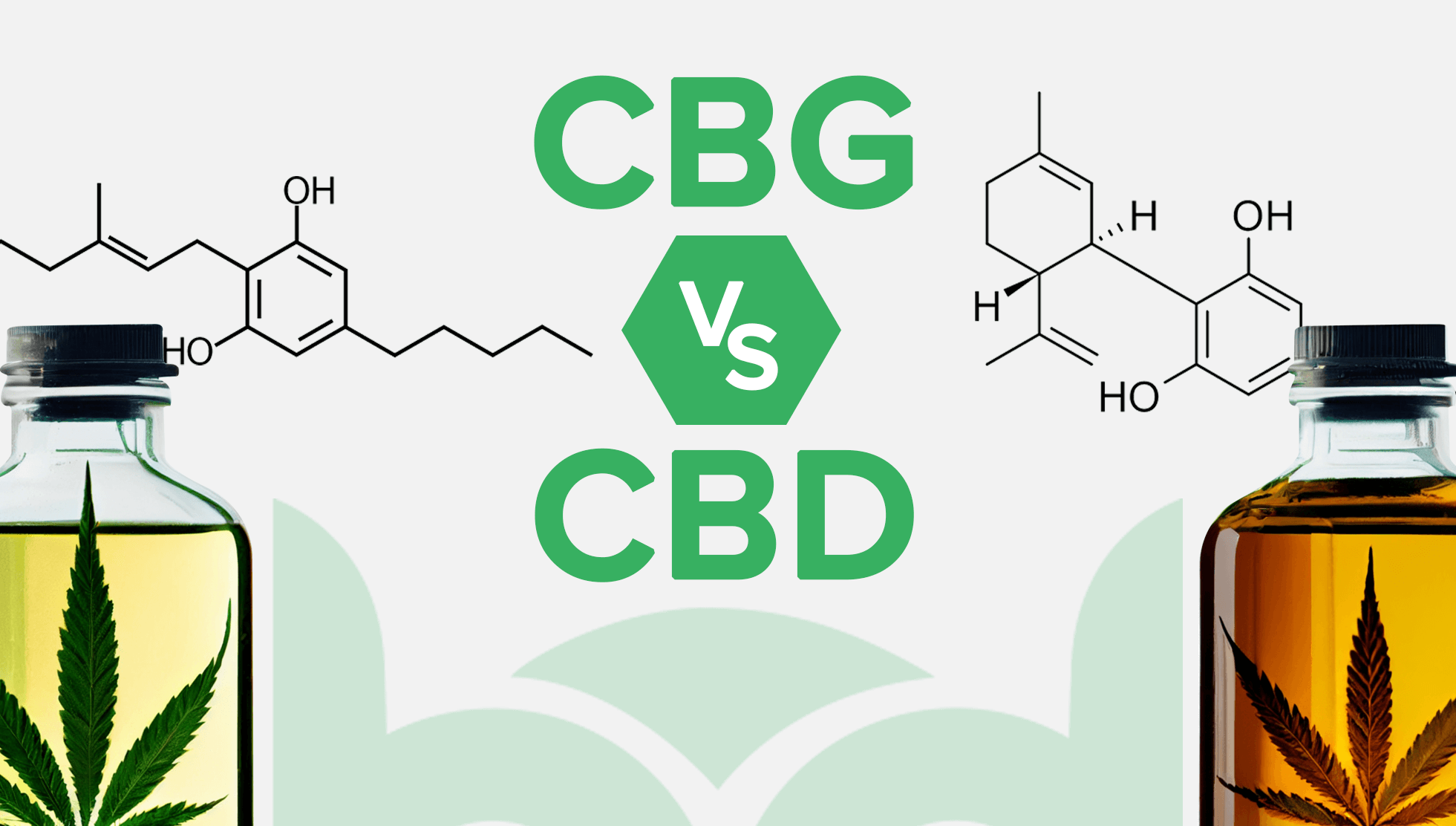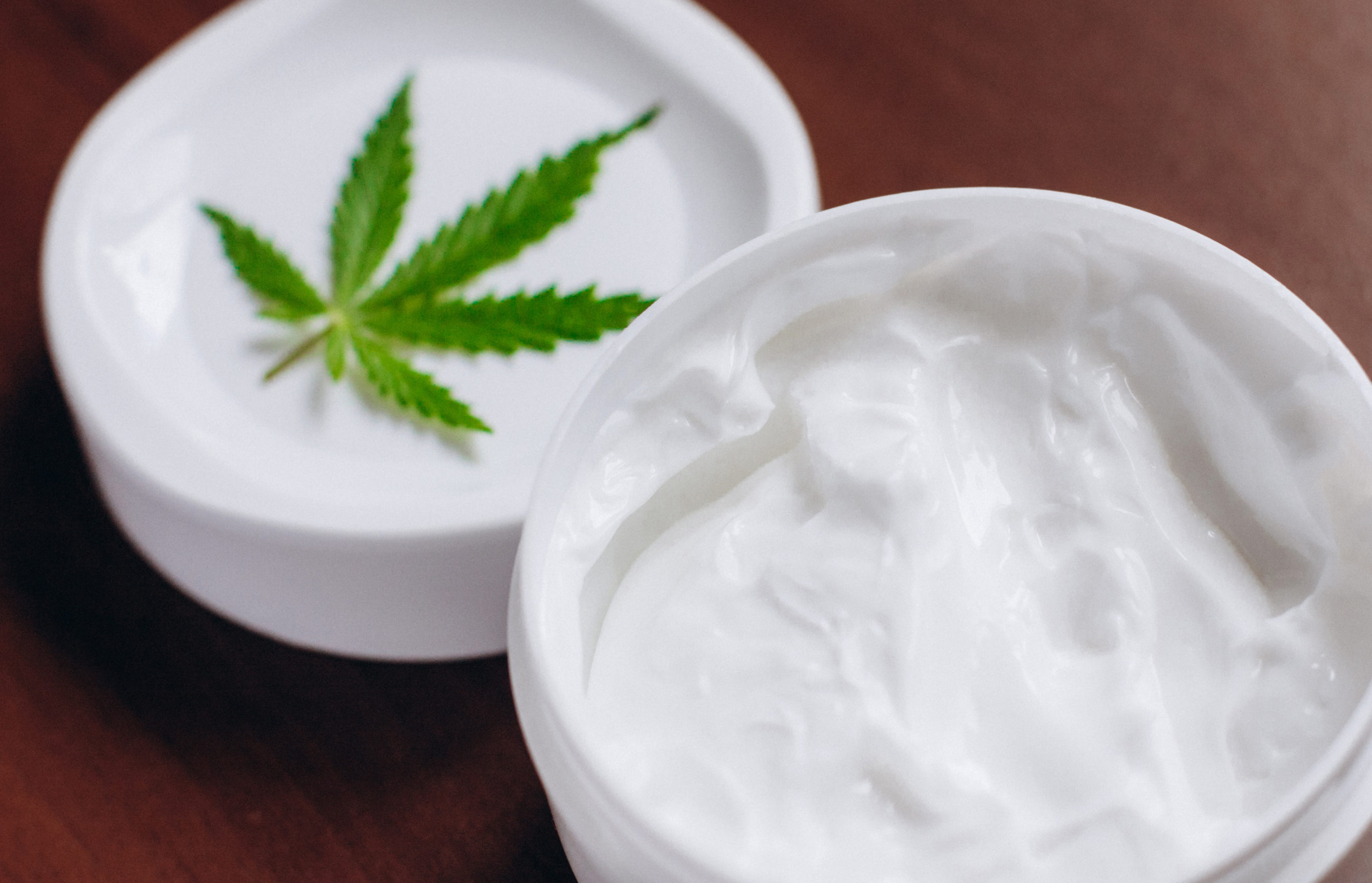-
- Market Research
- |
- CBD Near Me
- |
- Giveaways
- |
- Newsletter
- |
- Contact
- |
- Advertise
- |
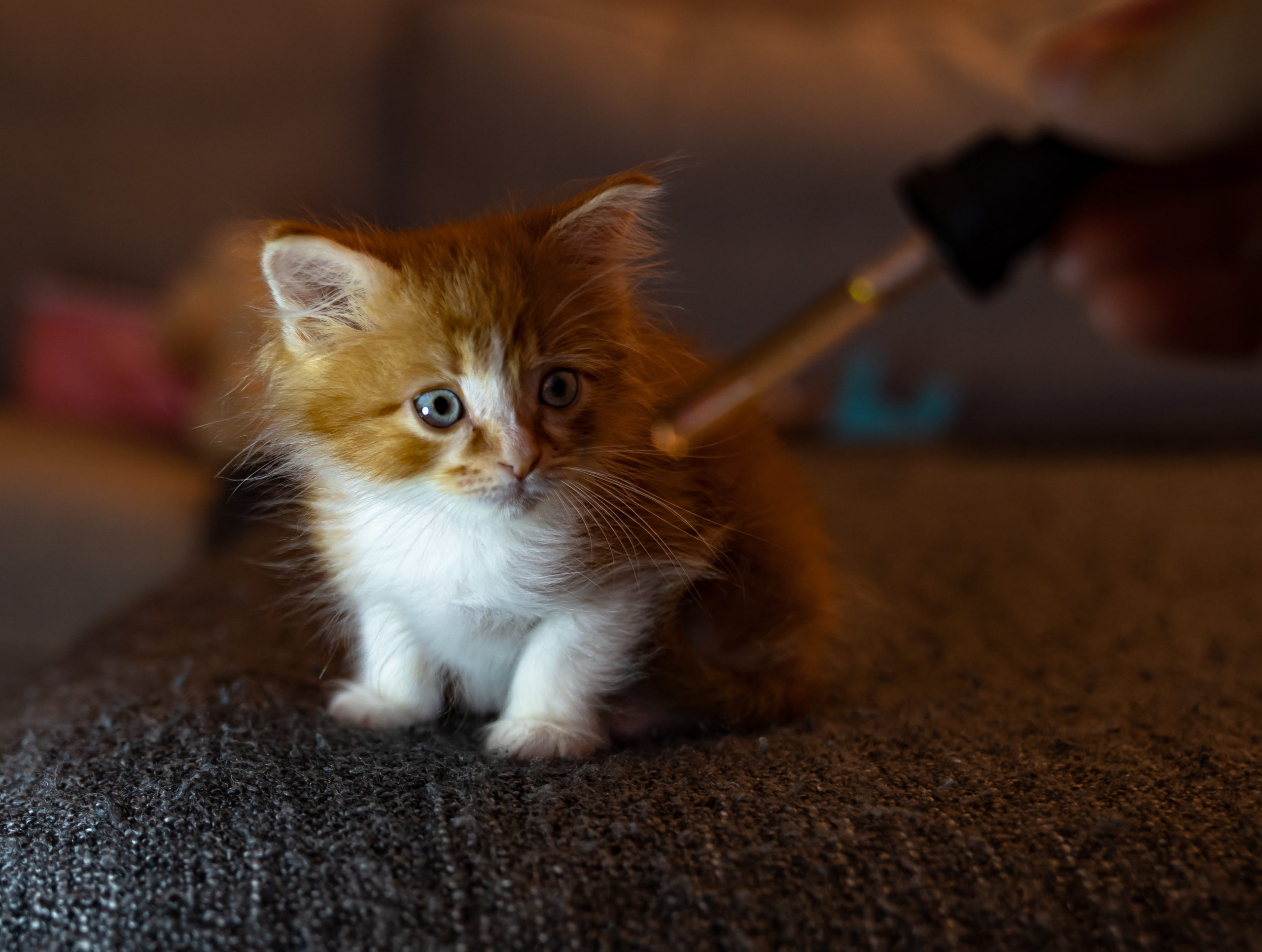
The more we humans share our health and nutrition science discoveries with other species, the greater the ecological impact we can make.
Of course, domesticated cats aren’t exactly key contributors in this regard, but they serve important roles in our environments.
Safely and effectively sharing the benefits of cannabidiol (CBD) with our companions requires respecting the similarities and differences between our species.
To make this transition as smooth and worry-free as possible, we’ve created a guide covering everything you need to know before giving your cat that first dose of CBD.
One of the Best CBD Oil for Cats
Lazarus Naturals Wild Salmon Flavored Calming Pet CBD Oil Tincture
Concentration
0.5oz: 300mg (20mg/ml)
2oz: 1,200mg (20mg/ml)
4oz: 2,400mg (20mg/ml)
Price
300mg: $12 ($0.04/mg)
1,200mg: $38 ($0.0317/mg)
2,400mg: $60 ($0.025/mg)
Ingredients
Wild Salmon Oil, Wild Pollock Oil, and Full Spectrum Hemp Extract
Benefits of CBD for Cats
As explained by this academic review authored by Jerusalem’s Laboratory of Immunotherapy and Bone Marrow Transplantation faculty, most vertebrates—and even many invertebrates—have endocannabinoid systems (ECS).
The endocannabinoid system is a set of receptors (CB1 and CB2) and neurotransmitters that work together to activate cellular processes that regulate inflammation, anxiety, neuropathic pain, seizures, and more.

Cannabidiol supplements interact with these receptors, as well as some receptors outside the ECS, to give the body a boost when it comes to these many functions.
While each species is different in terms of the chemical structure of neurotransmitters and the density and distribution of ECS receptors throughout their tissues, the review above details at length how both humans and cats may use these tools in very similar ways.
In other words, even though trials reporting on the efficacy of CBD for cats are almost non-existent, subjective accounts have endorsed the use of CBD and hemp oil for cats as solutions to problems that will sound very familiar to us humans.
Anxiety
Moving to a new house, having a child, or getting a new pet are just a few potential sources of anxiety for cats.
Even without an obvious stressor, some cats may display anxious behaviors on a consistent or inconsistent basis.
In humans, CBD and naturally produced cannabinoids like anandamide may promote anti-anxiety effects by acting on key receptors in the brain that help with endorphins and other “feel-good” agents.
Even in the absence of evidence-based backing, many opportunistic cat owners who have already tried CBD for their pets’ anxiety issues will confirm that these effects carry over.
Arthritis
Cats also suffer from arthritis, a condition characterized by inflammation and pain affecting the joints.
Arthritis predominantly affects the elbow joints in cats and will manifest itself in their unwillingness to go up and down stairs, jump, or even walk around in advanced cases.
This study by the University of Kentucky College of Pharmacy and College of Medicine has already demonstrated that CBD can “reduce pro-inflammatory biomarkers” in rats.
In other words, CBD helps to counteract agents that the body uses to perpetuate the inflammation response, such as the class of substances called cytokines, for example.
It won’t cure arthritis in cats or humans, but cannabidiol may have safe symptom management potential, says the research.
Seizures
The only CBD-based drug approved by the FDA is Epidiolex, which is used to treat seizures in humans.
This study from Colorado State University Veterinary Medicine and Biomedical Sciences faculty reported a 33% (median) decrease in seizure frequency in nine dog subjects that were administered CBD-infused oil.
Again, cat owners who are not yet armed with objective evidence relating to CBD use for seizures in felines can use studies such as these and subjective accounts to at least justify an attempt.
As it turns out, many cat owners are reporting similar results to the CSU study, which further confirms the similarities between feline and human endocannabinoid systems.
More In the Works
Veterinary scientists are just getting started when it comes to CBD’s potential benefits for cats, which means pet owners are hopefully going to see more studies, more tailor-made products, and if we could be so bold, regulation and support by local and/or federal governments.
In addition to the above benefits, these early studies suggest CBD’s utility in cases of kidney disease, irritable bowel syndrome, and even feline immunodeficiency virus (FIV), as evidenced in this University of Milan finding.
However, establishing effectiveness is just step one.
Pet owners still need to learn what products to buy, how to give CBD to their cats, and how much to start with.
Choosing the Right Form of CBD for Your Cat
As is the case with humans, full-spectrum CBD oil for cats confers greater potential benefits because of the entourage effect.
This refers to the synergistic ability of other cannabinoids in the oil, as well as a class of compounds known as terpenes, to enhance the effects of the CBD when they’re all consumed together.
However, also like humans, some cats will refuse to consume full-spectrum oil directly (orally via a dropper) because of the strong, earthy flavor.
You can still apply CBD oil topically by rubbing some on the inside of their ears, a location that allows for relatively quick absorption.

CBD edibles for pets are gaining popularity, such as MedTerra’s CBD Joint Support Soft Chews. These provide an even easier way to accurately measure doses than a dropper.
Finally, you can mix CBD oil in with food, which may provide a handy workaround to the issue of taste aversion mentioned above.
Whichever method you decide to go with, it’s always important that you ensure to take the following measures:
- Ensure your product is hemp-based
- Ensure the product is legally compliant, containing less than 0.3% THC
- Choose the product with the least amount of heavy metals, pesticides, etc.
Organic CBD may be a bit pricier, but they’re an excellent option for pet owners looking for a product with the lowest possible amount of contaminants.
Best CBD Treat for Cats
Medterra CBD Pet Joint Support
Concentration
30-count: 300mg
Price
$34.99 ($0.117/mg)
Ingredients
Glucosamine, Chondroitin, Methylsulfonylmethane (MSM), Cannabidiol (CBD), Chickpea Flour, Potato Flour, Cane Molasses, Tapioca Starch, Water, Glycerin, Lecithin, Peanut Butter Flavor, Safflower Oil, Ascorbic Acid, Sorbic Acid, Calcium Propionate, and Vitamin E
CBD Oil Dosage for Cats
Humans don’t even have official dosage guidelines when it comes to cannabidiol, much less cats.
In both cases, however, we can turn to research to at least encircle a general range.
One of the few CBD studies featuring feline participants, a joint effort by University of Florida, Cornell College (NY), and Colorado State University veterinary and molecular experts, was a safety assessment focused on “single-dose pharmacokinetics … of CBD-rich hemp nutraceutical in healthy dogs and cats.”
Rather than examining CBD’s treatment potential in cases of feline anxiety, arthritis, etc., this early finding sought to simply determine if CBD oil is safe for cats by measuring its effects at specific dosage levels.
In this study, researchers used 4mg/kg as their standard dosage level for cats, who exhibited no adverse changes under physical or behavioral examinations throughout the study.
There were adverse reactions among the cat subjects, including licking and head shaking, to name the most common, but none of these caused any measurable changes to physical or behavioral well-being.
Since the average cat weighs around 4.5kg, modeling the study’s use of the 4 mg/kg dose would put most cats in the 18mg/day range.
Other sources tend to recommend amounts as low as 5mg, at least for one dose.
It’s always helpful to split the initial dose so that you can gauge effects, so in the interest of compromise and more accurate gauging in this way, we recommend two doses of 5-8 mg for the first day.
Start there, closely monitor your cat, and adjust incrementally until symptoms are most effectively managed.


